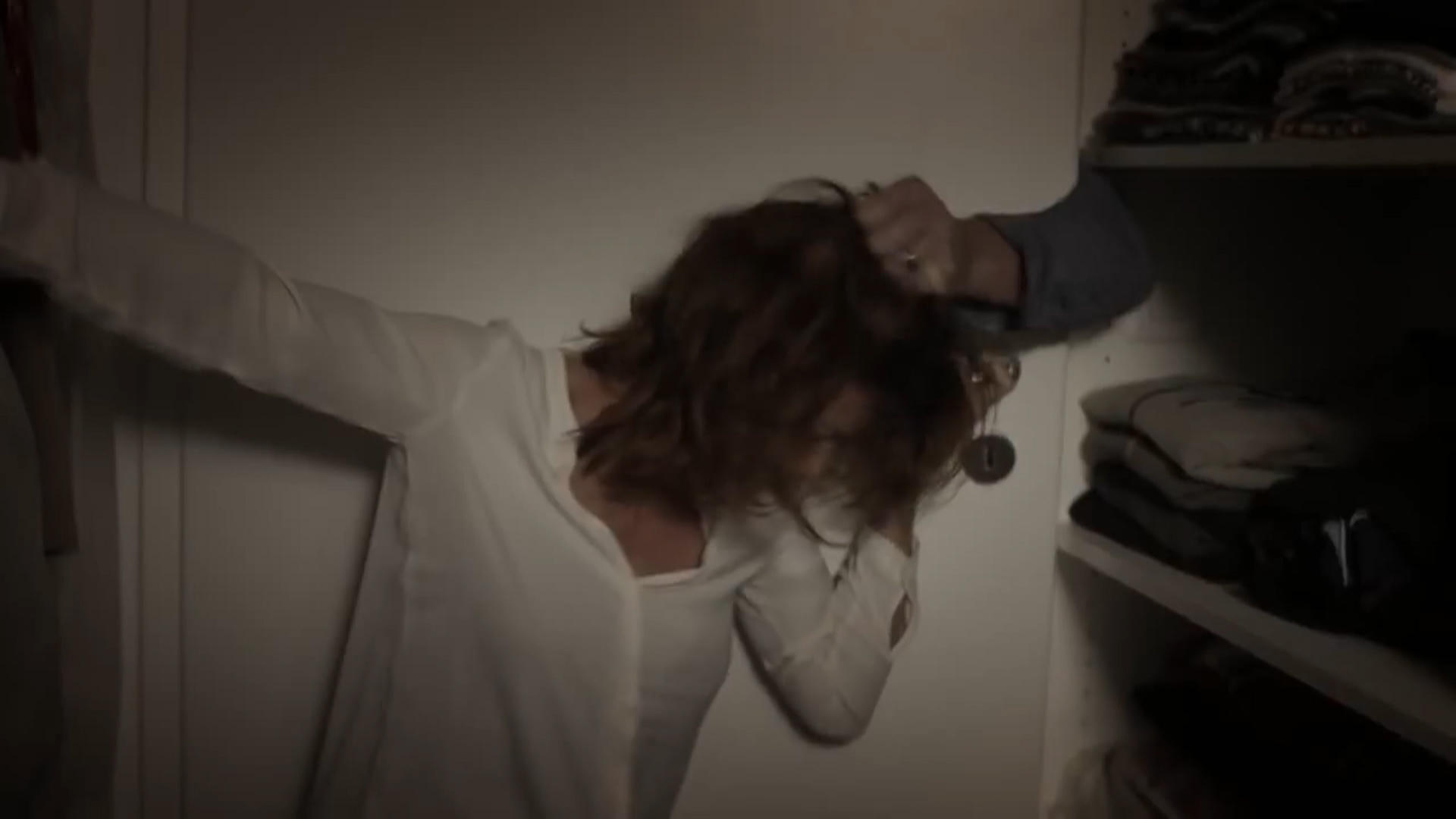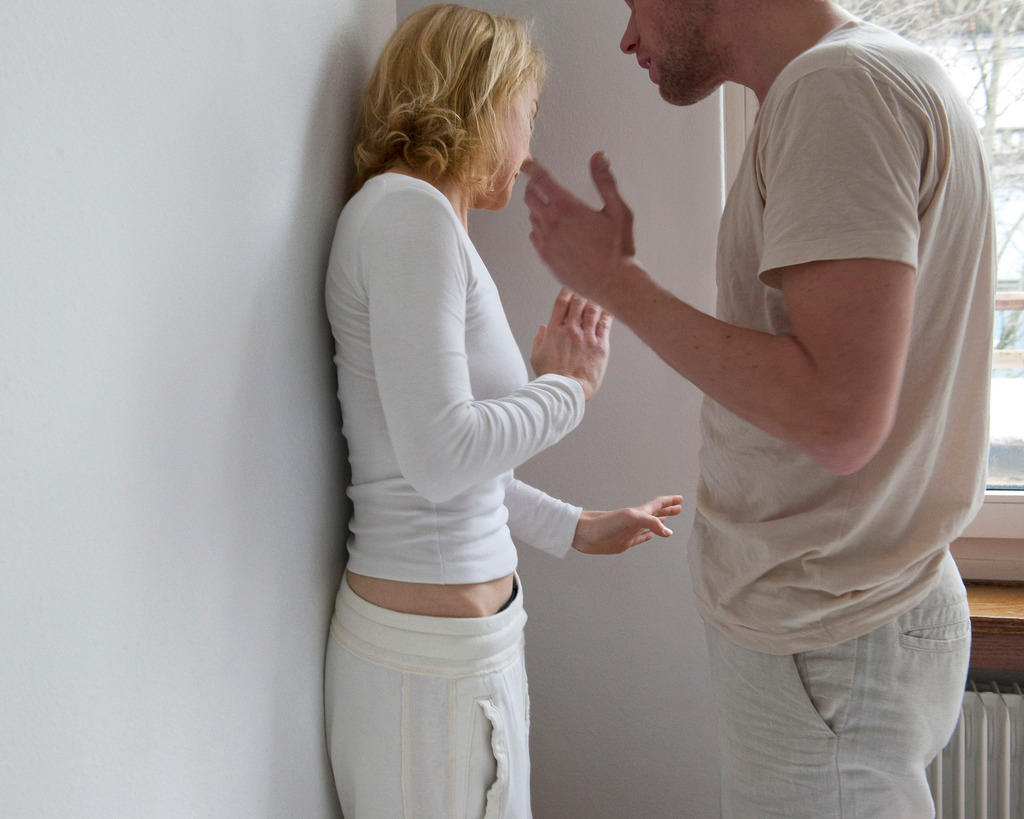Swiss victim of crime abroad? Tough luck

Switzerland has one of the most generous, state-funded victim support services in the world. However, it doesn’t benefit everyone: Swiss people who live abroad and their relatives – as well as Swiss tourists – who are victims of crime are falling through the net.
While assistance to victims in Germany, for example, is almost entirely dependent on donations, the system in Switzerland has been a public institution for the past 25 years.
Victims of a criminal offence in Switzerland are supported in three ways, according to the so-called three-pillar modelExternal link. Not only do they receive free medical, psychological and legal support, but they are also protected during the criminal proceedings and receive damages and remuneration if the perpetrator and insurance companies do not recompense them sufficiently.
Victims also have access to counselling without having to report the offender to the police, a rule which particularly benefits victims of domestic abuse.
Direct democracy
This forward-thinking model of supporting victims was brought about only thanks to Switzerland’s direct democracy.
The consumer advice magazine Beobachter received many letters from distressed victims of crime who had not received any support. As a result, the magazine single-handedly launched a people’s initiative to assist the victims of violent crime. The initiative wasn’t backed by a single party, association or interest group.
Information and Support: contact details
If you, or someone you know, have been affected by domestic abuse or violence, the following organisations may be able to help. If you are in immediate danger, you should dial the national emergency numbers 117 (police) or 112 (general emergency).
Frauenhäuser (women’s refuges) provide safe, emergency accommodation and emotional and practical support to women and children experiencing domestic violence in all areas of Switzerland. Visit the their website here.External link
If you have been a victim of a violent crime you can contact your local victim support services, such as the cantonal victim servicesExternal link in Zurich to receive guidance and support.
Parliament took the matter seriously and worked out a counterproposal that went even further than the people’s initiative: it proposed that victims of negligent offences against life and limb should also receive government support. Almost 81% of voters accepted the counterproposal in 1984. The victim aid bill External linkbecame law in 1993.
“It’s thanks to direct democracy that the topic was addressed in the first place,” says Sandra Müller GmünderExternal link, director of the cantonal victim services in Zurich.
People’s rights helped highlight and fix an untenable situation and Switzerland was able to progress from being a third-world country, regarding this issue, to a model student. Today, there is an EU guidelineExternal link which obliges all European countries to have some kind of victim support.
Turning point
In 2009, the victim aid law was completely revisedExternal link – to the disadvantage of victims. The support is now territorially regulated, and while illegal immigrants and tourists who fall victim to a crime in Switzerland receive compensation from the state, Swiss people attacked abroad, by contrast, do not.
“The attack in Luxor was partly responsible for this change,” Müller Gmünder says.
– Read more about the attack in Luxor and its Swiss victims
As a result of the attack in Egypt in 1997, when 36 Swiss citizens were killed and ten wounded by Islamic extremists, the home cantons of the victims had to pay CHF100,000 ($101,800) in compensation and about CHF2.5 million in reparations.
The cantons concerned felt this was too much, even though the government supported them financially. They demanded a revision of the law, which led to financial assistance no longer being granted in cases of criminal offences suffered abroad.
No support
Swiss citizens do not receive any financial support if they fall victim to crime abroad. Swiss tourists are at least able to access a free advice session provided by the Swiss victim support services, but those residing permanently abroad may not.
This has consequences for the relatives of Swiss abroad. “We often receive requests from relatives following a homicide abroad, especially murders committed in Brazil,” says Müller Gmünder. “But these people are falling through the net, we cannot help them.”
In these cases, victim support services can do nothing but refer the people concerned to the foreign affairs ministry.
Sibilla Bondolfi, swissinfo.ch (Adapted from German by Laura Nemeth)
Gaps and problems in the Swiss victim support system
Victim compensation has gradually been lowered over the past ten years due to cuts.
Victims ultimately often receive only a fraction of the compensation awarded by the court.
Rich victims are required to pay for legal fees and therapy costs themselves because the state only supports those in financial need and the perpetrators often don’t have any money.
The victim support services are only available within office hours. There is no 24-hour on-call service.
The victim support services are still relatively unknown among the Swiss public. Many victims are unaware that they can seek assistance.

In compliance with the JTI standards
More: SWI swissinfo.ch certified by the Journalism Trust Initiative







You can find an overview of ongoing debates with our journalists here. Please join us!
If you want to start a conversation about a topic raised in this article or want to report factual errors, email us at english@swissinfo.ch.